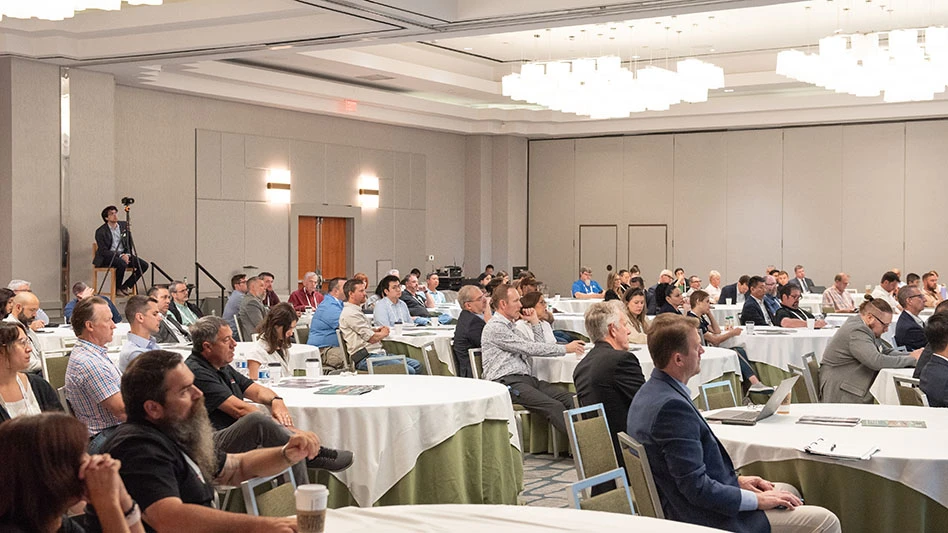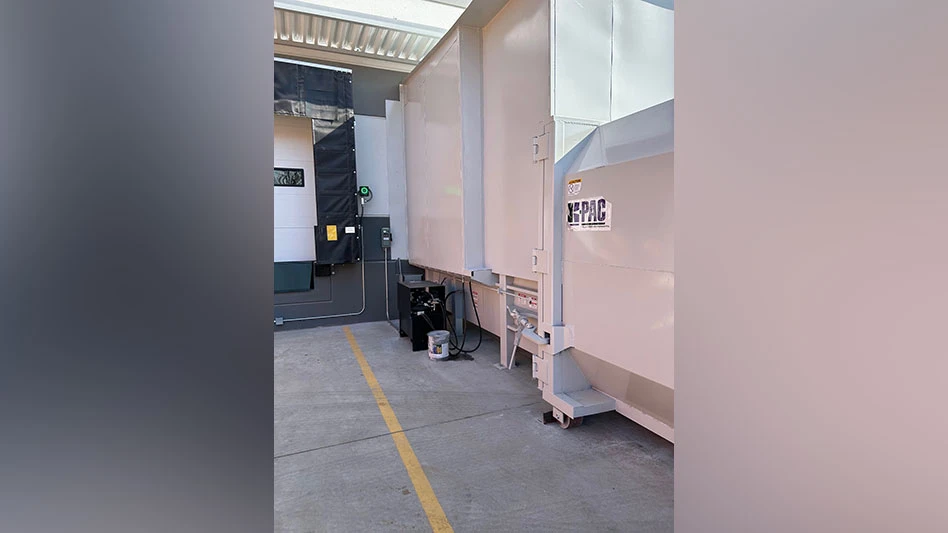
© Anaken2012 | Dreamstime.com
President Donald J. Trump signed an executive order and also declared a national emergency Sept. 30 designed to expand the domestic mining industry, support mining jobs, alleviate unnecessary permitting delays and reduce U.S. dependence on China for critical minerals.
This recent executive order begins the process for the Department of the Interior to develop a program to use its authorities under the Defense Production Act (DPA) to fund mineral processing that protects U.S. national security.
According to the White House fact sheet on the order, the action is designed to accelerate the reopening and expansion of U.S. mines and processing plants.
“The United States is heavily reliant on imports of numerous critical minerals that are critical to America’s national security and economic prosperity, despite the presence of significant sources of some of these minerals across the United States,” the fact sheet reads.
The executive order follows five presidential determinations that Trump singed in July 2019 that found that domestic production of rare earth elements and materials is essential to the national defense.
China holds approximately 80 percent of the world’s rare earth element supplies, according to industry estimates.
The presidential determinations note that “the domestic production capability for” rare earth metals and alloys, heavy rare earth elements (separation and processing), light rare earth elements (separation and processing), samarium cobalt rare earth permanent magnets and neodymium iron boron rare earth sintered material and permanent magnets are “essential to the national defense.”
Prior to the presidential determinations, Trump signed Executive Order 13817, “A Federal Strategy to Ensure Secure and Reliable Supplies of Critical Minerals,” Dec. 20, 2017. This order included identifying critical minerals, developing faster permitting and finding new or better sources of those critical minerals.
Following that order, “the Secretary of the Interior conducted a review with the assistance of other executive departments and agencies (agencies) that identified 35 minerals that (1) are ‘essential to the economic and national security of the United States,’ (2) have supply chains that are ‘vulnerable to disruption,’ and (3) serve ‘an essential function in the manufacturing of a product, the absence of which would have significant consequences for our economy or our national security,’” the new executive order states.
The order goes on to state that these minerals are to make airplanes, computers, cellphones and advanced electronics in addition to being used in electricity generation and transmission systems. However, “For 31 of the 35 critical minerals, the United States imports more than half of its annual consumption. The United States has no domestic production for 14 of the critical minerals and is completely dependent on imports to supply its demand.”
On British Columbia-based American Manganese Inc.’s website, Larry W. Reaugh, president and chief executive officer of the company, states that the executive order “puts American Manganese in a favorable position given the company’s ability to alleviate the identified material dependencies and contribute to a solution as follows:
“The U.S. is 100 percent import-dependent on manganese and there is no substitution for manganese in the production of steel. Artillery Peak, Arizona, contains vast resources of manganese, and American Manganese holds a U.S. patent which can potentially be utilized for the production of electrolytic manganese metal (EMM) and electrolytic manganese dioxide. The company produced a prefeasibility report in 2012 on producing EMM from Artillery Peak resources. No action was taken on this pre-feasibility report due to the falling price of manganese, which was a result of overproduction in China.
“The critical materials list includes commonly used lithium-ion battery materials and American Manganese holds patents for recycling cathode materials used in lithium-ion batteries with high purity and recovery potential of lithium, nickel, cobalt and manganese,” Reaugh continues.
American Manganese. focuses on recycling lithium-ion batteries with the RecycLiCo patented process that extracts cathode metals, such as lithium, cobalt, nickel, manganese and aluminum at high purity.
According to a Forbes article, if Biden wins the presidential election, he is not likely to overturn the executive order but could make mining more difficult to the advantage of recyclers like American Manganese and Geomega Resources, another Canadian company that is looking to recycle rare earth elements used in batteries. That company is building a demonstration plant in Quebec.
Two bills before the U.S. Congress also address rare earth elements: Ted Cruz’s Onshoring Rare Earths (ORE) Act and the Reclaiming American Rare Earths (RARE) Act, a companion bill introduced in the House by Reps. Lance Gooden and Vicente Gonzalez.
Cruz says, “Our ability as a nation to manufacture defense technologies and support our military is dangerously dependent on our ability to access rare earth elements and critical minerals mined, refined and manufactured almost exclusively in China. Much like the Chinese Communist Party has threatened to cut off the U.S. from life-saving medicines made in China, the Chinese Communist Party could also cut off our access to these materials, significantly threatening U.S. national security. The ORE Act will help ensure China never has that opportunity by establishing a rare earth elements and critical minerals supply chain in the U.S."
The ORE Act is designed to reduce U.S. dependence on China and establish a supply chain for rare earth elements and critical minerals in the U.S. by providing tax incentives for the rare earths industry, including expanding and making permanent full-expensing provisions in the Tax Cuts and Jobs Act; requiring the Department of Defense to source rare earth minerals and critical elements from the U.S.; and establishing grants for pilot programs to develop these materials in the U.S. that include at least 30 percent of the total amount of grants to projects relating to secondary recovery of these minerals and metals.
New York City-headquartered USA Rare Earth CEO Pini Althaus tells Forbes the company is “ready to assist” in the last area.
Forbes reports that USA Rare Earth’s processing facility in Colorado is operational and its magnet manufacturing plant should be running in 12 months. In early 2023, USA Rare Earth’s Round Top, Texas, mine also should be operational. That mine has 16 of 17 rare earth elements.
Get curated news on YOUR industry.
Enter your email to receive our newsletters.
Latest from Recycling Today
- Redwood partnership targets recycling of medium-format batteries
- Enfinite forms Hazardous & Specialty Waste Management Council
- Combined DRS, EPR legislation introduced in Rhode Island
- Eureka Recycling starts up newly upgraded MRF
- Reconomy Close the Gap campaign highlights need for circularity
- Nickel carbonate added to Aqua Metals’ portfolio
- EuRIC, FEAD say End-Of-Life Vehicle Regulation presents opportunity for recyclers
- Recyclers likely to feel effects of US-China trade war






